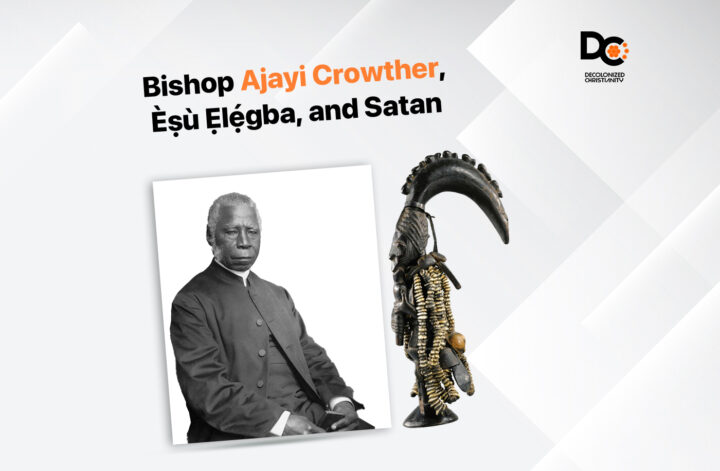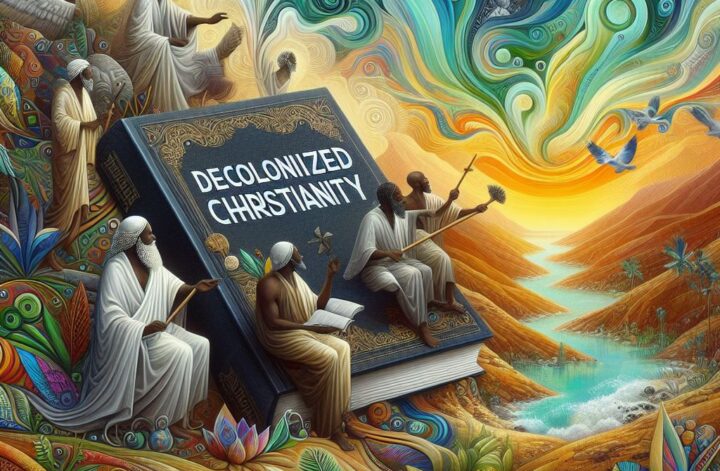While discussing my last writing with a very dear pastor friend, something I think is worth writing about came up. In my previous blog entry, I had zeroed in on the following passage where God spoke to Abraham:
Genesis 22:2 ESV
[2] He said, “Take your son, your only son Isaac, whom you love, and go to the land of Moriah, and offer him there as a burnt offering on one of the mountains of which I shall tell you.”
I argued that two elements in this statement are inaccurate: Isaac is not Abraham’s only son, and we have no clear evidence that Abraham loved Isaac. My friend disagrees with this claim on the grounds that God himself makes the claim, and we may not challenge God’s statement. Now, this is a critical pushback. But if we argue that the statement MUST be correct because God says so, then we have to wrestle with the fact that God earlier (Genesis 17:20) acknowledged Ishmael as Abraham’s son and even promised to bless Ishmael for that reason. The argument would imply a contradiction or divine amnesia. That’s one reason I think the divine statement is not meant to be taken at face value but invites readers to look deeper.
To undermine my claim that we have no clear evidence of Abraham loving Isaac, my friend pointed out that Abraham threw a party when Isaac was weaned. As far as evidence goes, we may admit that this counts for something. If we do not, then we get nothing. Celebrating a child after he was weaned was a Jewish cultural practice. Very likely, Ishmael, too, had a party. But since the text does not say it explicitly in Ishmael’s case, I shall accept this datum as counting for something. But even this pales compared to what Genesis tells us about Abraham’s love for Ishmael, as detailed in the blog entry.
At this point, the conversation took a new turn, inspiring this writing. While making the point that Abraham threw a party when Isaac was weaned, my friend further added that it was because Ishmael scoffed that he and his mom were kicked out of the house. The idea was supposed to be that Abraham lavished so much love on Isaac that Ishmael, accustomed to being the only child, became jealous and scoffed. If that were true, then it would severely undermine my contrary claim.
But because my friend’s reading of that story was strange to me, I decided to reread the passage, as I tend to do in such moments. Here is what I found after consulting three standard English translations:
Genesis 21:8-9 NKJV
[8] So the child grew and was weaned. And Abraham made a great feast on the same day that Isaac was weaned. [9] And Sarah saw the son of Hagar the Egyptian, whom she had borne to Abraham, SCOFFING.
Genesis 21:8-9 ESV
[8] And the child grew and was weaned. And Abraham made a great feast on the day that Isaac was weaned. [9] But Sarah saw the son of Hagar the Egyptian, whom she had borne to Abraham, LAUGHING
Genesis 21:8-9 NRSV
[8] The child grew, and was weaned; and Abraham made a great feast on the day that Isaac was weaned. [9] But Sarah saw the son of Hagar the Egyptian, whom she had borne to Abraham, PLAYING WITH HER SON ISAAC.
The first obvious point is that this passage affirms Ishmael as Abraham’s firstborn son. Second, just as we learned in the essay on Jesus being slain from the foundation of the world, we see that one gets the idea that Ishmael scoffed only if one reads translations such as the King James versions. Other translations do not even make clear that Ishmael did anything wrong. Moreover, I’m not even sure that Sarah’s testimony, based on how Genesis portrays her, is trustworthy.
So, what’s going on here? Whenever we encounter things like this in the Bible, it indicates that the original language is unclear. That is why translations differ markedly. As I said in an earlier post, the surest way out is if we have another biblical witness; ideally, we would want a witness from the same period or even the same book.
Here is what we should never do in such situations: we should not “settle” the issue by appealing to our preferred translation. We should not say, for instance, that Ishmael must have scoffed because the almighty King James Version says so. The truth is that ALL translations of the Bible are INTERPRETIVE works. It is simply just the way language works. To translate any work, the translator/scholar often must make interpretive decisions based on her learning, competence, and how she processes available data.
So, if our most substantial evidence for a position is based on a debated text, while we may be ultimately correct, humility and logic require us not to hold too firmly to that position. However, based on uncontroverted data, we can safely say that Genesis presents us with more data showing Abraham’s love for Ishmael than it gives of love for Isaac.
My friend and I are continuing the exchange, and I appreciate the pushback. We learn much from critiques, and I love people who engage critically. I want to share this piece before other good stuff from our exchange represses my recollection.
But the question remains, why then did God say those things about Abraham? I provided an answer in the original essay.




